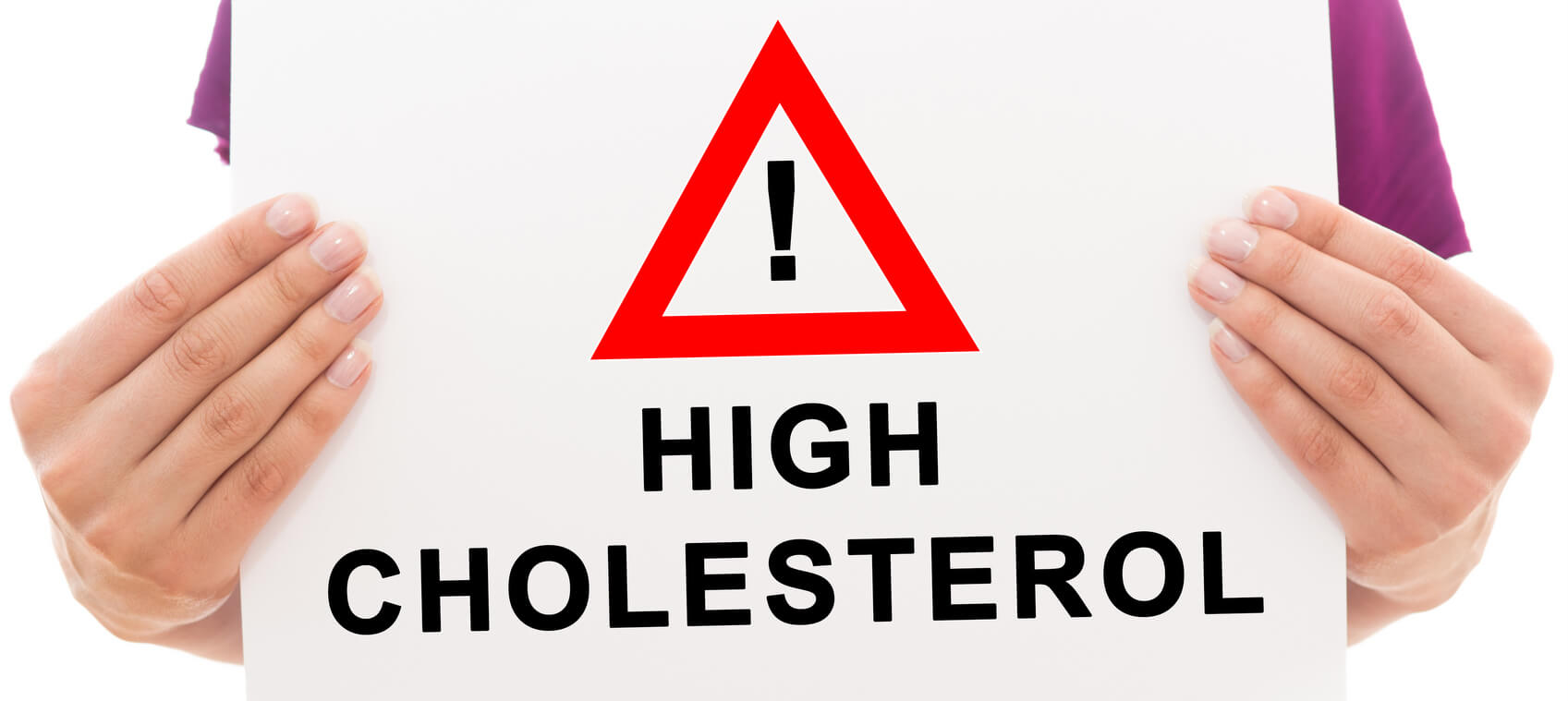
I get many questions about hypercholesterolemia from people wanting to know if it’s dangerous and how to treat it. That’s a good question because hypercholesterolemia, which simply means “high cholesterol, is in many ways advertising hype.
The pharmaceutical industry throws around the term familial hypercholesterolemia quite loosely to promote the sale of cholesterol-lowering statin drugs. Unfortunately, many people (doctors included) buy into the hype, believing high cholesterol is synonymous with heart disease and premature death.
For years I could see the anxiety on patients’ faces when they arrived in my office and their first words were, “My cholesterol is really high, and I’m scared!” They usually breathed sighs of relief once I explained that "healthy" cholesterol levels aren't always "lower." Your body requires cholesterol for healthy cell membranes, immune system function, brain health, and more. In fact, cholesterol that’s too low can be an even bigger problem.
Yet, True Familial Hypercholesterolemia Is a Concern
There are some people (approximately one in 500) who have true heterozygous familial hypercholesterolemia. They inherited an LDLR gene from one parent that impedes the body’s ability to clear LDL cholesterol from the blood, causing LDL cholesterol to climb to 350 to 550 mg/dL. These high LDL levels are more likely to oxidize and contribute to arterial plaque.
Heterozygous familial hypercholesterolemia can accelerate coronary artery disease in people as young as 30 or 40 years of age, and even in children. Plus, it increases the risk of peripheral vascular disease (PVD) and stroke. However, there are people with this genetic variant who have extremely high cholesterol and live well into their 80s and 90s.
There’s also an extremely rare form of hypercholesterolemia, called homozygous familial hypercholesterolemia, that occurs in one in one million people. It happens when someone inherits the LDLR gene from both parents, causing cholesterol levels to climb to 700 to 1,000 mg/dL.
Homozygous familial hypercholesterolemia can lead to thickening of the blood, premature cardiac events, and even the need for a liver transplant.
Should You Be Tested?
If you have a family history of premature heart disease (before age 40) and high cholesterol, I recommend testing. In addition to genetic testing, have your doctor check your related risk factors, such as homocysteine and Lp(a). If you have a blood relative that’s been diagnosed with familial hypercholesterolemia (especially a parent), I would also recommend checking your CRP levels, ferritin, and fibrinogen.
Blood tests may show normal triglyceride levels even though total cholesterol and LDL cholesterol levels may be high. Fibroblasts may also be studied to check how your body is absorbing LDL cholesterol.
If you have familial hypercholesterolemia, you also want to have a more sophisticated cholesterol test that measures your cholesterol subtypes. This will determine whether the majority of your cholesterol is made up of small dense inflammatory particles that can be toxic in the blood vessels, or large “fluffy” particles that are less invasive.
Familial Hypercholesterolemia Symptoms
In early stage familial hypercholesterolemia, there may be no symptoms. But we do watch for xanathomas, which are fatty skin deposits most common around the eye cornea, but also seen over parts of joints and extremities (hands, knees, and ankles). Plus, we look for xanthelasmas, which are cholesterol deposits on eyelids.
We also look for the same symptoms we look for in cardiovascular disease, such as angina, symptoms of peripheral artery disease, and warning signs of stroke.
Treatment for Hypercholesterolemia
Some say that familial hypercholesterolemia may be less responsive to statins, bile sequestrants, and other medications used for high cholesterol because the underlying biochemical causes are different. Nonetheless, dietary modification and medication remain the primary treatment. It's my belief that targeted nutritional supplements can increase the chance of successful management of familial hypercholesterolemia.
With familial hypercholesterolemia, the goal is to maintain your LDL cholesterol at levels less than 190 mg/dL, and to keep it from oxidizing. In my opinion, the best way to do that is with an integrative approach.
- Consider Niacin: Taking either fast-acting niacin (up to 1 gram a day), lumbrokinase (20 mg daily), or nattokinase (50 mg daily) can help to help thin the blood.
- Take CoQ10: Coenzyme Q10 (CoQ10) helps to prevent polyunsaturated fats from oxidizing in the LDL particle. I recommend 150 to 300 mg of CoQ10 per day.
- Modify Your Diet: Oxidized fats and trans fats can accelerate hardening of the arteries. Dine less on beef, chicken, pork, and lamb, and instead eat a high fiber vegetarian diet. You also want to avoid sugar and white flour, which promote inflammation. Plus, eat foods rich in lutein—such as tomatoes, spinach, and kale—which help to protect against the oxidation of LDL cholesterol.
- Take Tocotrienols: These vitamin E-like compounds possess powerful antioxidant qualities and help to reduce LDL cholesterol oxidation. Take 10 to 60 mg daily.
- Get Plenty of Omega-3s: Omega 3 essential fatty acids fight inflammation. Take 1 to 2 grams daily.
- Talk to Your Doctor About Medications: Statins can be effective, especially in higher risk individuals who have other risk factors for cardiovascular disease. Know your risk factors and talk with your physician about your overall risk profile. There is also a new class of medications called PCSK9 inhibitors that can be used for familial hypercholesterolemia, as well as for people who can’t tolerate statin medications or for whom statins aren’t effective.
I also want to emphasize that having familial hypercholesterolemia is not catastrophic. Having higher cholesterol does have some advantages, including protection against infections. It’s just a reminder to be especially careful and proactive in protecting your cardiovascular health.


